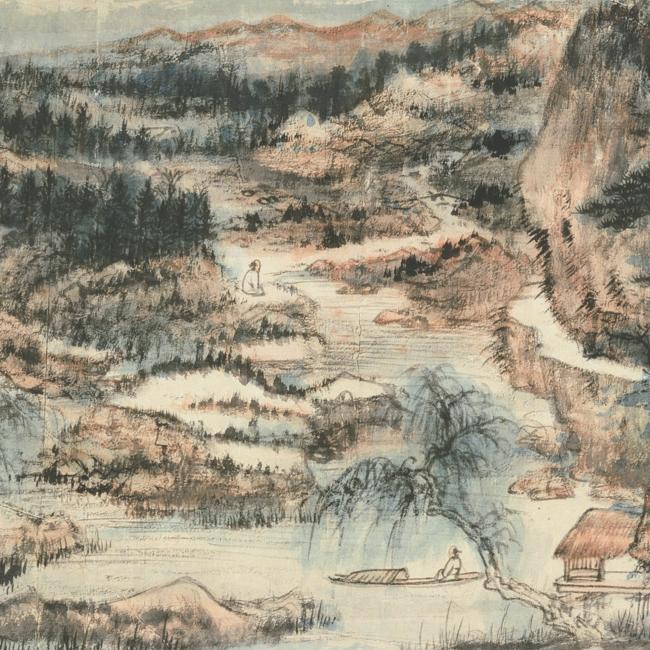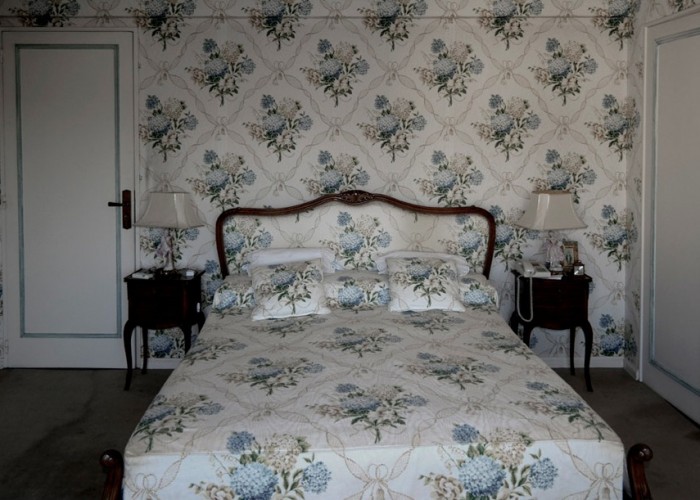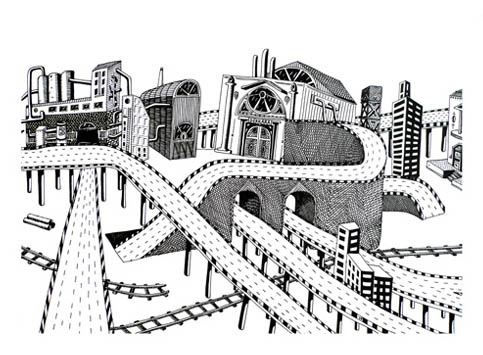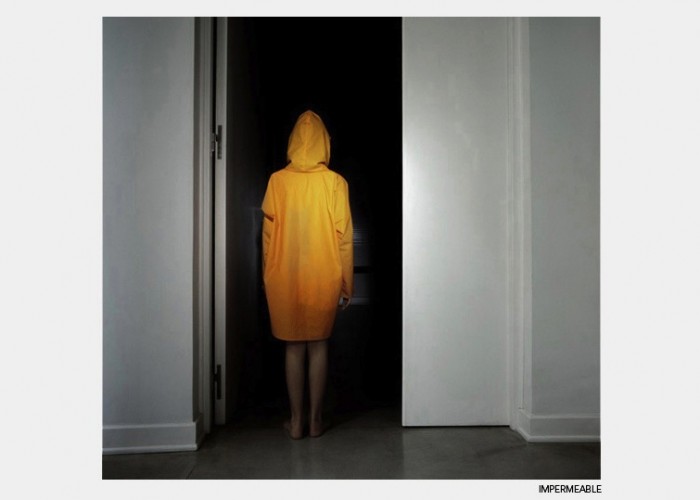A Mistake
Zheng Chouyu
translated by Qiaomei Tang
I traveled through the South Land
A longing face blooms and fades like the lotus flower with the seasons
The east wind is yet to arrive, the willow’s March catkins are waiting to fly
your heart is like the small, lonely, walled city
like an alley of blue-green cobbles facing the setting sun
the crickets are not crying, the windows are drawn in March
The hooves of my horse clatter — it’s a beautiful mistake
I’m not coming home, I’m only passing through
Image: Zhang Daqian, Sceneries of Jiangnan
[ + bar ]
The Reversal Spell
David Leavitt
The day that Paris was declared an Open City, I went to say goodbye to the Baron. He was one of my oldest friends.... Read More »
Silence Is Meaningful
Ilan Stavans and Charles Hatfield
The following discussion of Paz and Borges as translators is part of the work-in-progress The Big Theft: Adventures of Translation in the Hispanic... Read More »
Marina Mariasch
translated by Jennifer Croft
HOW WILL TERROR TAKE ROOT IN THE FUTURE?
We jump right in, head first. The beginning is incredible. Halfway through is incredible. You quit smoking. We do the... Read More »
Hyperion [moscow]
By Marfa Nekrasova translated by Nathan Jeffers
The word Hyperion has many possible meanings; it can refer to a book, a poem, a tree,... Read More »




![Hyperion [moscow]](http://www.buenosairesreview.org/wp-content/uploads/DSC06622-700x500.jpg)



 sending...
sending...